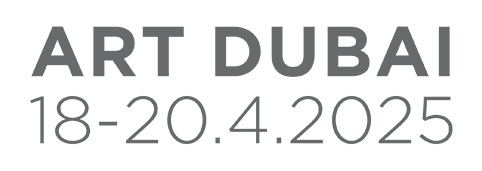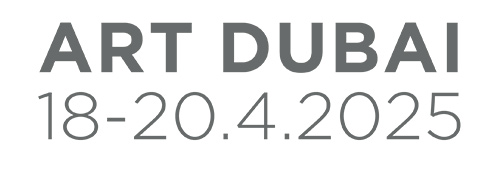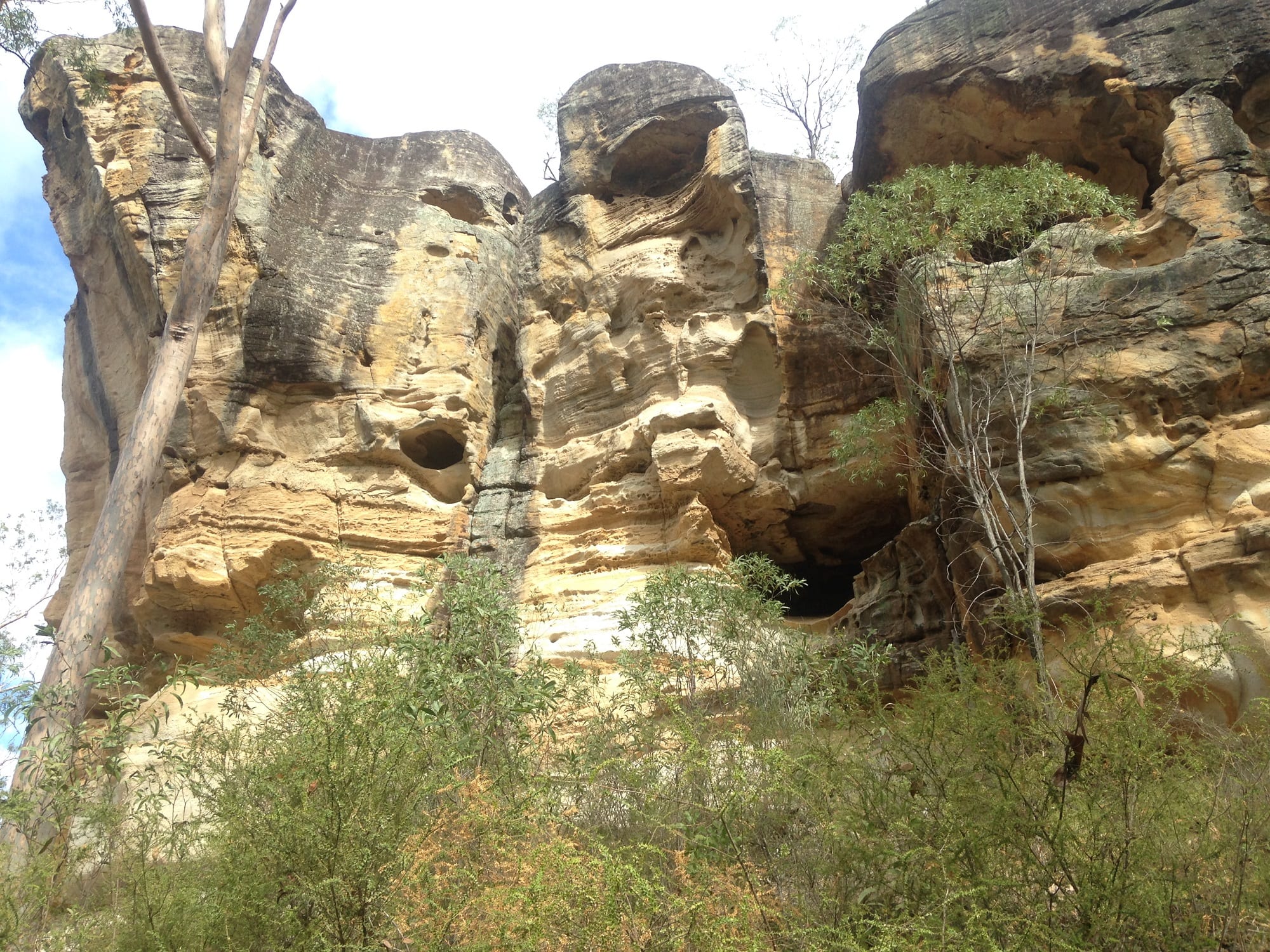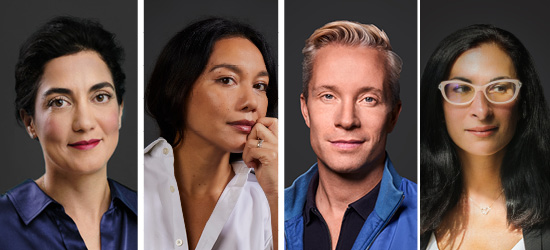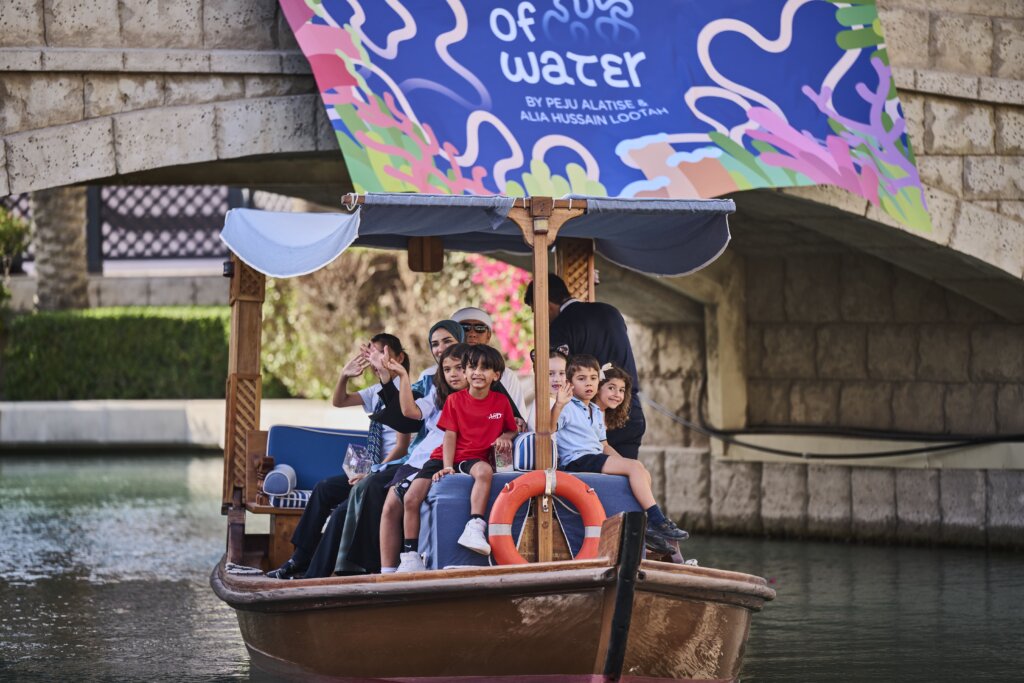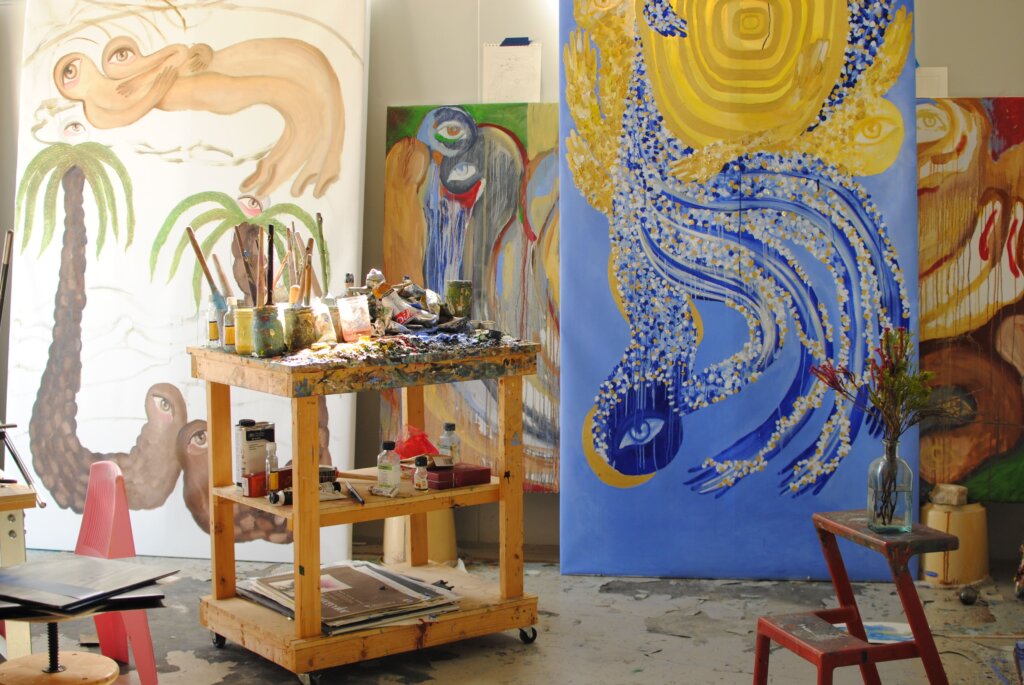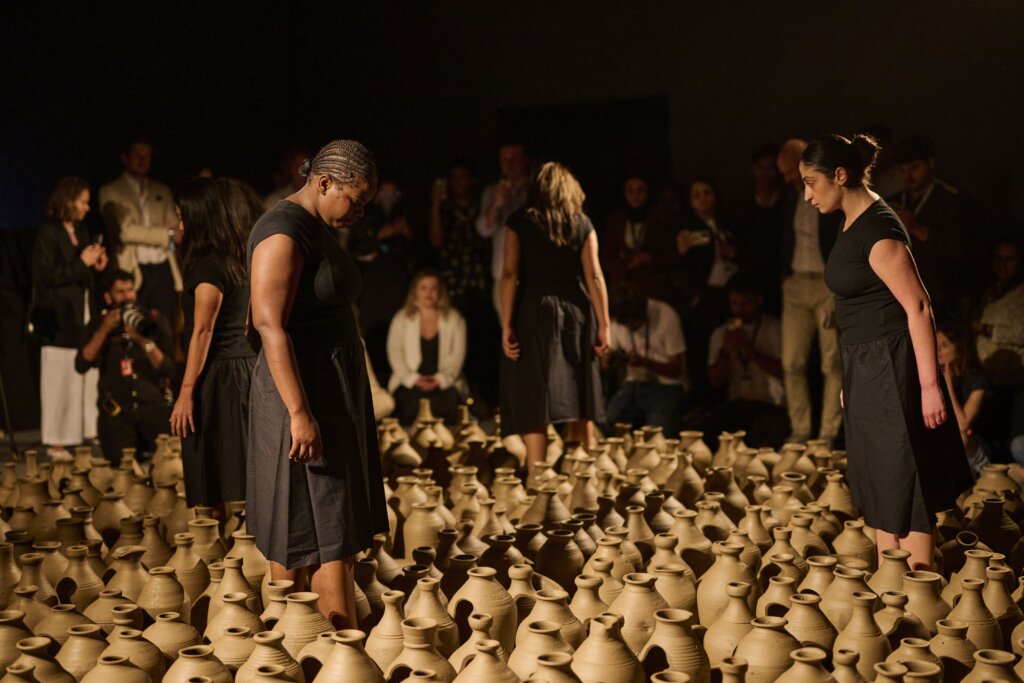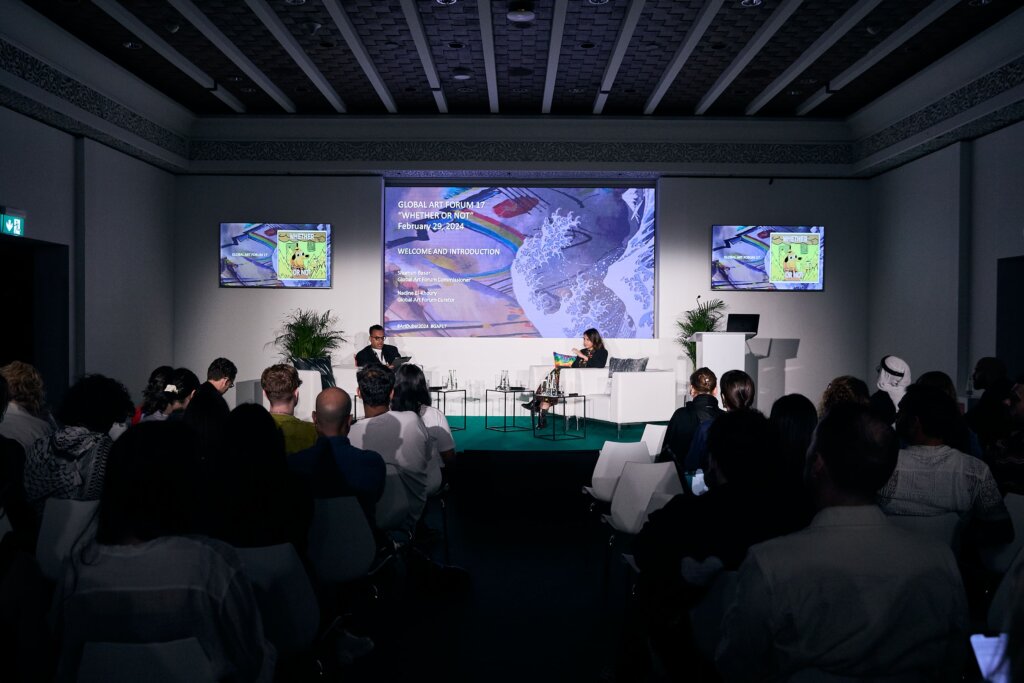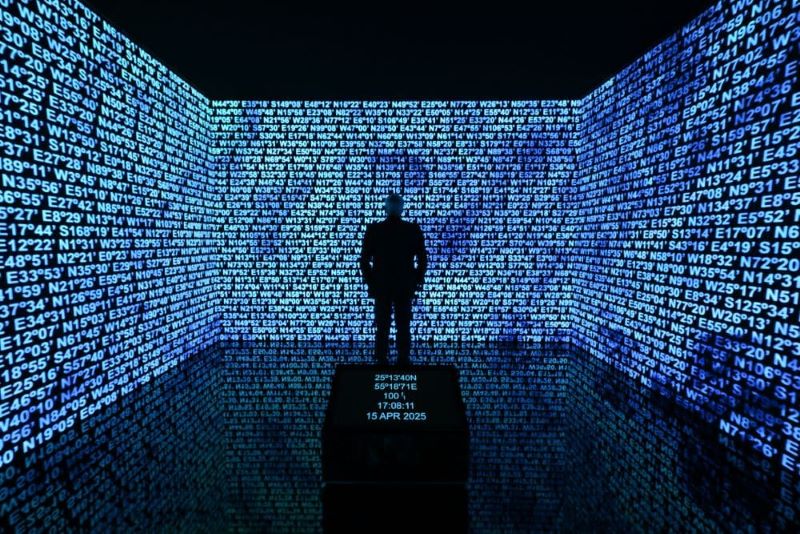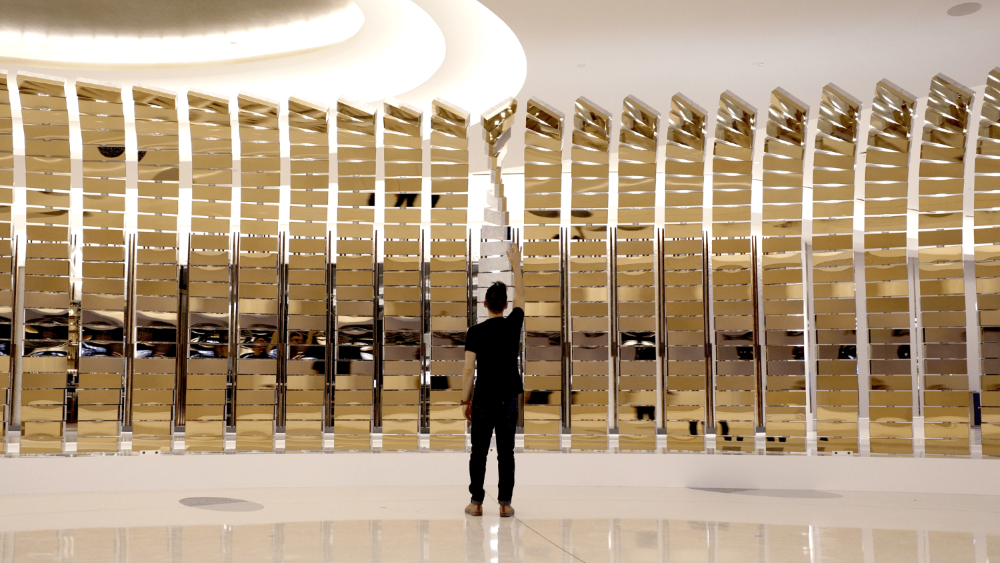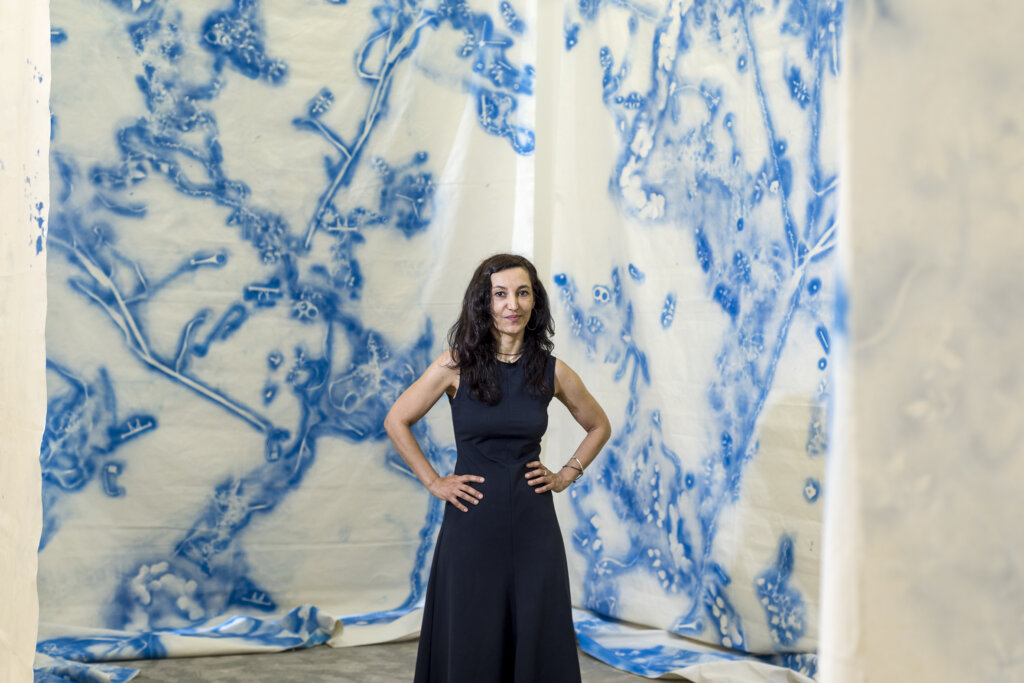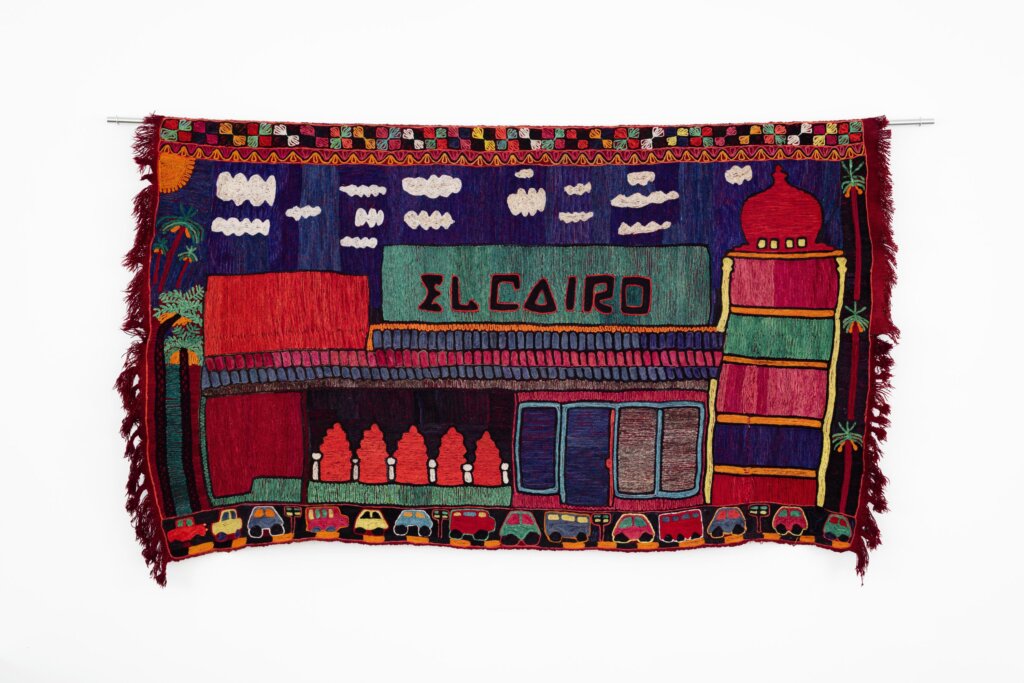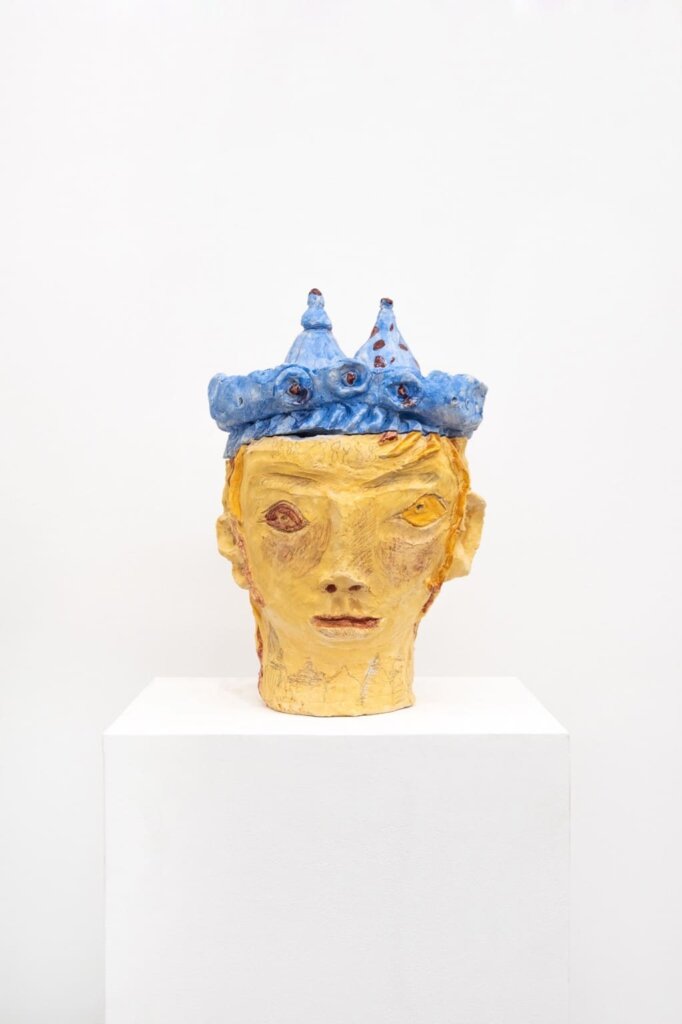Global Art Forum is Art Dubai’s critically-acclaimed annual transdisciplinary arts conference, which combines original thinking and contemporary themes in an intimate, live environment.
Following on from last year’s theme of automation, Global Art Forum 2019 unites a diverse cast of global minds – from renowned curators and critics to educationalists and entrepreneurs – under the theme of “School is a Factory?” to address some of the urgent challenges and opportunities facing education today.
In the lead up the two-day summit, its co-directors Victoria Camblin and Fawz Kabra asked some of this year’s speakers a few fun questions on their unique educational paths, if school prepared them for real life and just how optimistic they are about the future of education.
In this short Q&A, Natasa Petresin, editor and writer, reminisces on technology at school and her first encounters with art:
Describe your first experience using technology at school.
I have two particular memories of dealing with technology at school. Typewriting lessons were the first one, they came with repetitive piano-like lessons during which all the classroom would follow some notations whose musicality one could directly relate to Dadaist sound poems. The second one is related to my first experience of the BBS, the Bulletin Board System, at whose development our high school in Ljubljana has been one of the pioneers. It was a gendered experience, where boys would be writing messages to boys from other cities about girls and technology, where a sudden presence of a girl becoming interested in the overly male socio-technological environment caused a lot of discomfort on my side and competitive adolescent behaviour on the other.
Where did you first learn about art?
I have a clear memory of my father’s drawings that were rare but when he would draw, he would use a special pen and black ink; of my grandfather’s pastel drawings of cities and parks, and my uncle’s architectural plans. I remember thinking and observing with amazement, being a child, how one drawing can be different from another one, and what makes each of one special. Even my earliest memory is related to my family taking me and my sister on one of the two trips abroad, which we were allowed to undertake as Yugoslav citizens. It was 1980, I was 4 years old, and we visited friends of my father’s family in Munich. My parents took me and my sister to visit the exhibition on the objects excavated from the Tutankhamon’s grave site. His death mask is what I remember most vividly, due to the sharp and alive view of his eyes and the otherworldly beauty of the golden object.
Image courtesy of Natasa Petresin Bachelez
What did you have to unlearn after school?
I had to learn much more than unlearn, since the profession that I have been undertaking for nearly twenty years, had not been taught in any way during my school years. One of the most important things that I relate to unlearning is actually the decolonization of the acquired knowledge or mindset that I have gone through. At the art history and comparative literature studies I would be constantly hearing about belatedness and provincialism of our local artistic expressions, which was craving for bits and pieces of the information about the masterpieces created mostly by the “Western” artists, or trying to gravitate towards the regional “centres” of art such as Vienna, Venice, Rome and Munich, sometimes Zagreb and Moscow.
Do you apply anything you learned at school to your current occupation?
Curiosity, research as main method in my curatorial and writing practice, getting inspired by passionate colleagues and lectures, recognising and appreciating the creativity of each individual being.
Are you pessimistic or optimistic about the future of education?
I am very optimistic, since the entanglements between social and hard sciences have started to form a very particular and crucial body of knowledge on the one hand, and the intersectionality and ecological thinking are finally becoming one of the most applicable methods through which to look at the world.
